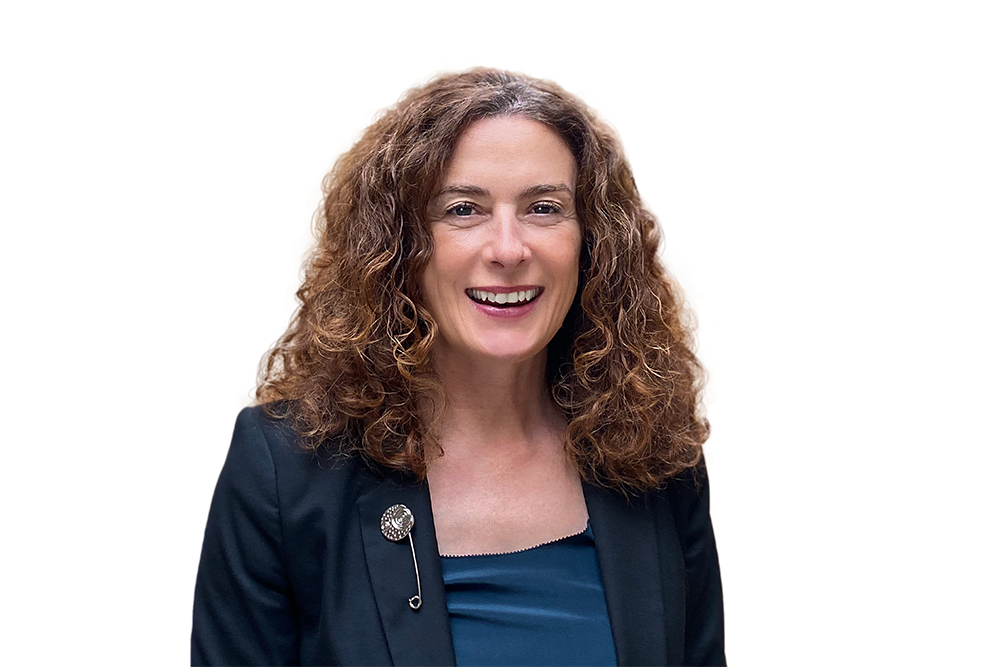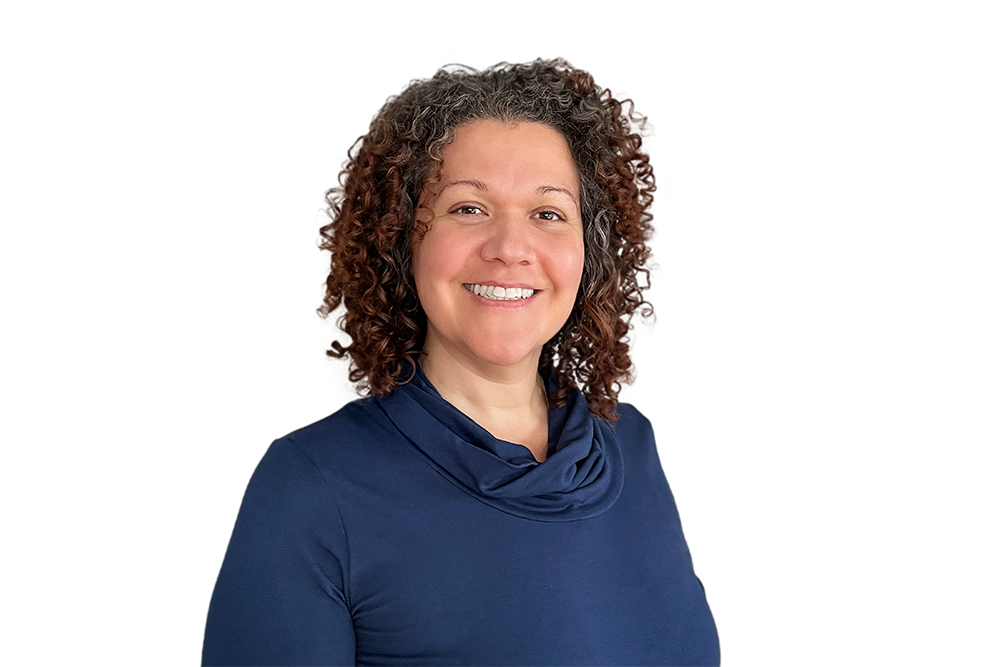Build a Diverse Team – Instill Belonging

Creating a sense of belonging is vital to high-performing senior teams and the whole workforce. For this Q&A session, RHR International’s Orla Leonard, head of our Senior Team Effectiveness practice, was joined by Cristina Jimenez, global head of RHR International’s Diversity, Inclusion & Belonging practice, to talk about how senior teams influence a culture of belonging. These were their key discussion points.
The power of senior teams, in defining culture, cannot be underestimated. What happens with the senior team is mirrored throughout the organization, showing up as cultural norms and ways of getting things done. These are not the values the company explicitly communicates; these are the elements of culture that go unspoken and get rewarded with promotions, success, and access to resources or information.
And whether it’s intentional or not, these norms implicitly favor certain groups or characteristics more than others, creating environments that make it hard to question the status quo and reinforcing a narrow, exclusive, definition of what success looks like.
Therefore, it is critical for leaders, who are committed to diversity and inclusion, to also foster a sense of belonging for all employees.
What is a sense of belonging?
We need to expand our definition of belonging. We have spent too long believing that belonging is a ‘soft’ concept, something that happens when we are feeling good at work. But belonging has a structure to it with systemic, relational, and operational elements.
Belonging is—
- Foundational: Do people know how the organization works, how to get things done, and how their roles are connected to the mission of the business?
- Aspirational: Do people know how to be successful in the organization and build relationships and influence? And can they see themselves continuing to grow here?
- Relational: Do people feel seen, heard, and understood? Do they trust in their leaders, and are they aligned to what the business stands for? Do people feel safe to be themselves?
The extent to which your organization fosters a sense of belonging is shaped by the level of equity it offers, and equity is dependent on inclusive leaders.
What inclusive leadership looks like
Based on RHR International’s work with their clients, those inclusive leaders, who are equipped to tackle inequity, demonstrate these characteristics:
- Learning agile—They are willing to ask the difficult questions and have the hard conversations. They embrace difference and create space to be taught.
- Cultural fluency—They embrace diversity and adjust their approach to demonstrate connection and understanding across cultures.
- Humility—They use their power thoughtfully and consider their impact on others, being aware that we can cause harm even when our intentions are good.
- Interpersonal courage—They are willing to have hard conversations; they are conscious of inequities and actively seek out and dismantle them.
Developing leaders with these qualities are critical to creating a culture of belonging.
Creating a culture of belonging
To close, Cristina shared some tips for senior teams who are committed to fostering a sense of belonging.
- Have the courage to get comfortable with asking hard questions and having difficult conversations. This enables you to get an understanding of the true experiences of your employees and your impact on culture.
- Identify critical leadership behaviors that are getting in the way of a culture of belonging; specifically, identify what contributes to negative or inequitable experiences.
- Co-create a roadmap that details a set of recommendations for transforming the culture and a vision for success.
- Have patience as behavior changes takes time. Companies won’t get to where they want to within 12 months; this is a long-term commitment.
These actions ensure that when senior leaders do decide to act on representation of marginalized groups, it is authentic, and people will have trust in the commitment.
We know from our work in this space that only by creating a place where everyone belongs, will companies reach their diversity and inclusion goals.
To find out more about how you can create a high-performing senior team, click here.








